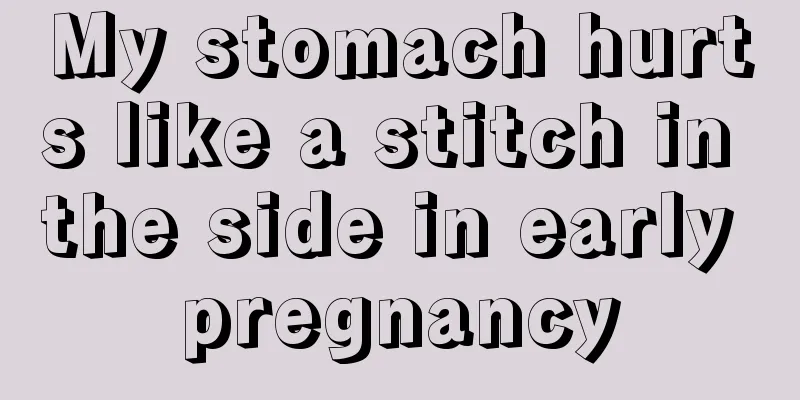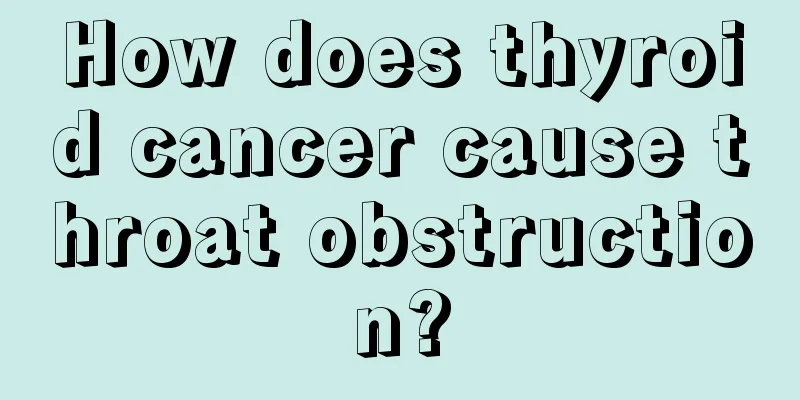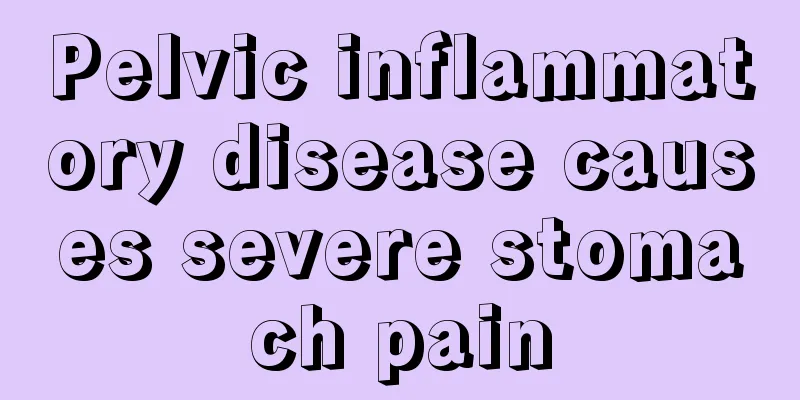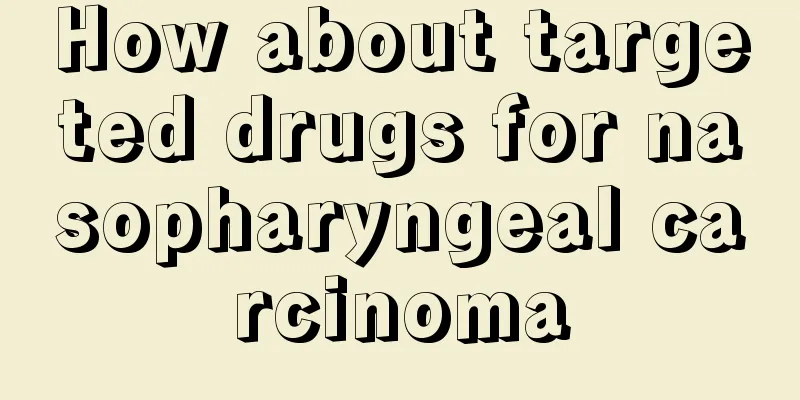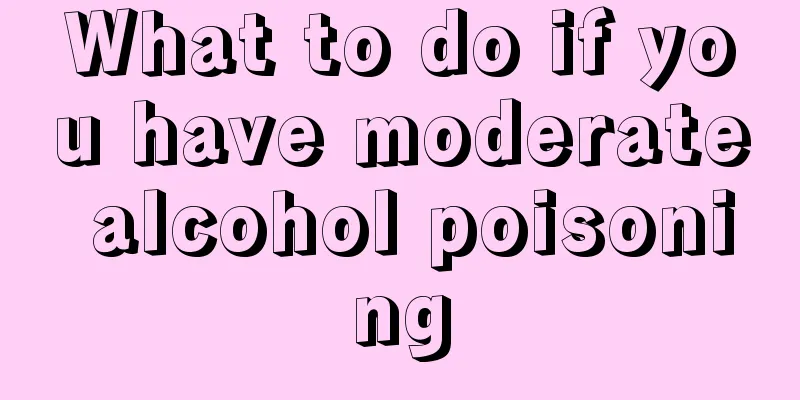Is supraventricular tachycardia dangerous? Sustained attacks are very harmful
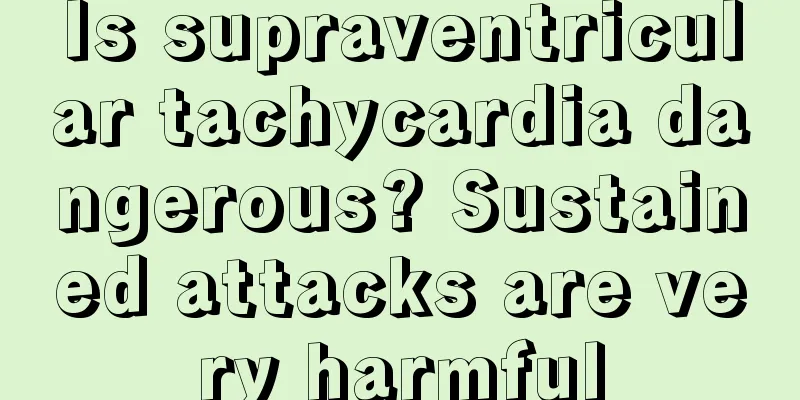
|
Supraventricular tachycardia is mostly caused by some organic heart diseases, such as coronary heart disease, cardiomyopathy, and acute myocardial infarction. If this disease recurs repeatedly, it will cause great harm and affect life safety, so it requires timely drug treatment. 1. Is supraventricular tachycardia dangerous? 1. Supraventricular tachycardia is common in people without organic heart disease, and can also be seen in people with rheumatic heart disease, mitral stenosis, coronary heart disease, hypertension, hyperthyroidism, cardiomyopathy and preexcitation syndrome. Paroxysmal supraventricular tachycardia with atrioventricular block is common in cases of digitalis overdose, hypoxia due to cor pulmonale, and hypokalemia. 2. The attack is characterized by sudden onset and sudden termination, with a heart rate usually between 160 and 250 beats per minute. The heart rhythm of supraventricular cases is absolutely regular, while that of ventricular cases may be slightly irregular. Mechanical methods and drugs that stimulate the vagus nerve are often effective for supraventricular cases. 3. Most patients experience palpitations, chest tightness, shortness of breath, fatigue, chest pain, etc. Those with prolonged attacks may suffer from shock and heart failure. Coronary heart disease may lead to angina pectoris and myocardial infarction. Torsades de pointes ventricular tachycardia often presents as short, recurrent attacks, which may cause repeated syncope or convulsions. 2. Treatment during the attack period: (1) Methods of stimulating the vagus nerve: the diving reflex, pharyngeal stimulation, carotid sinus massage, eye pressure, etc. can terminate the attack. (2) Pressor drugs: phenylephrine or methoxamine, systolic blood pressure ≯20.8~23.4kPa. Once the tachycardia stops, stop taking the drug. (3) Digitalis drugs. (4) Propranolol: It is contraindicated for patients with severe atrioventricular block, asthma and heart failure. (5) Verapamil: This drug has a rapid onset of action, with a cardioversion rate of 92-96% within 5 minutes. Side effects include decreased blood pressure, cardiac arrest, and atrioventricular block. 10% calcium gluconate should be available to antagonize its serious adverse reactions and should be used with caution in infants. (6) Propranolol: This drug has a rapid onset of action, a high cardioversion rate, and is relatively safe. (7) ATP: The initial dose should be small, especially for older children. (8) Esophageal pacing and electric cardioversion. |
<<: What causes cramps? What causes cramps while sleeping?
>>: How to reduce swelling faster in mumps
Recommend
Three major manifestations of early symptoms of lymphoma
In the early stage of lymphoma, you can feel swol...
Surgical treatment of colorectal cancer
Colorectal cancer is a common malignant tumor in ...
Which cold medicine is best? You also need to choose the right medicine to treat a cold
When you have a cold, you cannot take medicine at...
How should prurigo be treated?
It is very easy to get allergies in this season. ...
What are the early treatments for cerebral thrombosis
For patients with cerebral thrombosis, it is impo...
How long does it take to test urine hcg
Many women are very concerned about pregnancy, es...
How to remove the yellowing of white clothes?
Every time when I organize my closet, I find some...
Minimally invasive surgery process for appendicitis
Appendicitis is a gastrointestinal disease. When ...
Do you know about small cell lung cancer
Small cell lung cancer is a type of bronchial lun...
What to do if shoes rub heels and cause blisters
Many people try on shoes before buying them. It&#...
What is the best match for Job's tears
Job's tears can be eaten with many kinds of f...
What to do if you get nasopharyngeal cancer during pregnancy
Some cancer treatments can affect fertility, but ...
What are the differences between beeswax and amber?
Precious items are becoming more and more common ...
7 benefits and side effects of resveratrol
Veratrum became famous around the world when it w...
Facial skin bacterial infection
Bacterial infection on the face is quite common i...


